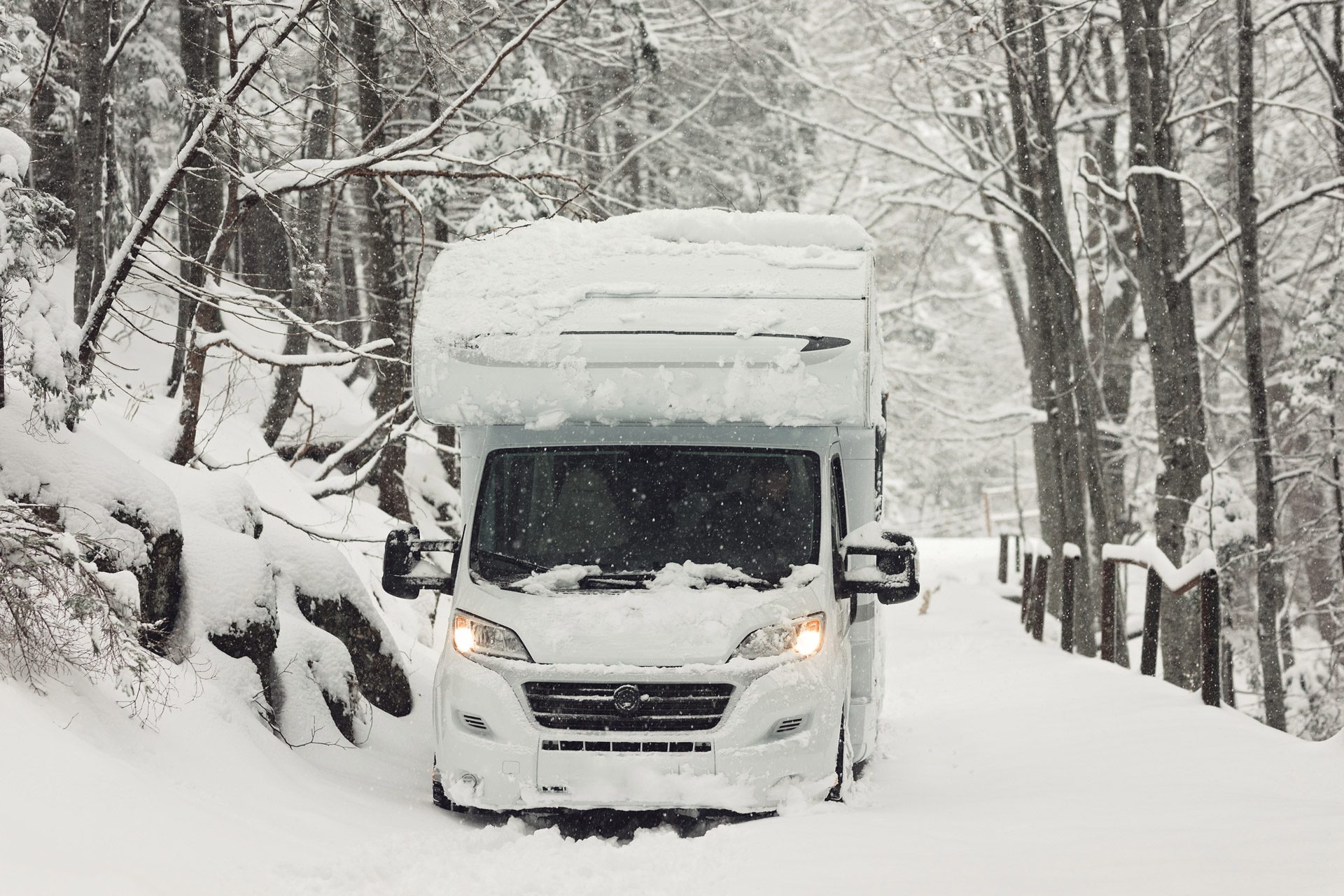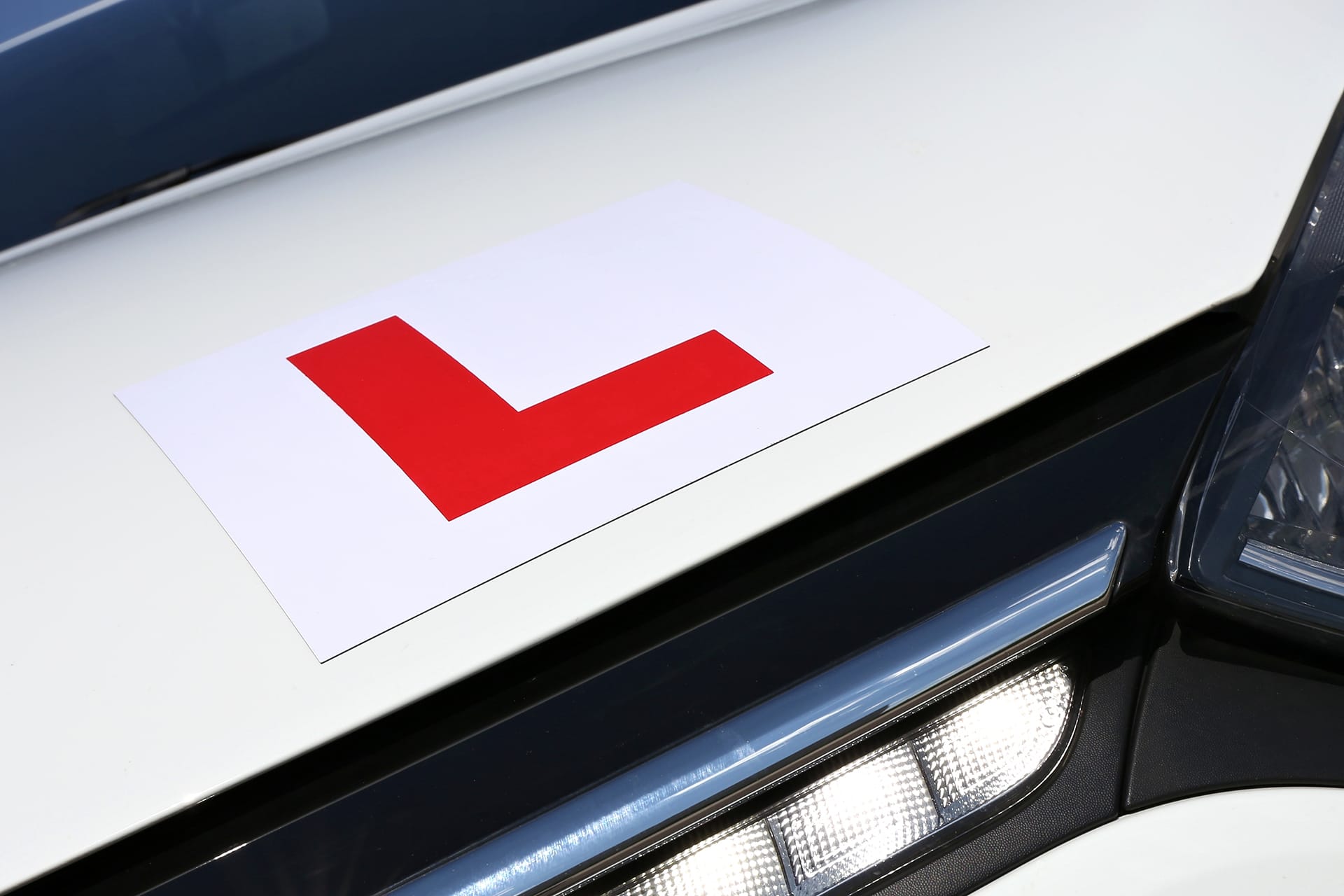Many motorhome owners will soon be retiring their home-from-home for a few months or weeks until the warmer weather returns. But it’s not as simple as simply parking up and forgetting about it.
If you do choose to ‘lay up’ your motorhome, there are multiple factors to consider to ensure that it remains in the best condition while not in use.
We’ll take a detailed look at how to store a motorhome for winter and explain the steps to take to keep it clean, dry and secure.
Where to store a motorhome
If you have the space, you might wish to keep your motorhome on your driveway. However, many motorhomes have rather large dimensions, making it an impossible – or at the very least inconvenient – option. What’s more, while this might seem like the most secure place, specialist storage sites often boast higher security than what you might have at home.
Whichever location you choose, prioritise the safety and security of your motorhome. Sites can be costly but, if you decide on your driveway, you might want to think about investing in high-quality CCTV and other security systems. If a storage site is the best option for you, check out their security measures, insurance policies, costs and any reviews or testimonials first before you commit.
How much it costs to store a motorhome will depend on factors such as the exact location, the size of your motorhome, the type of facility and the length of time for which you wish to use the site.
How to clean a motorhome
It’s important to carry out a thorough clean before storing away your motorhome. This will help to prevent a build-up of mould which, in turn, can attract mice. Not only can these furry creatures create a disinfecting nightmare, they can also damage items such as furniture.
Empty your fridge and cupboards and vacuum all carpeted floors, ensuring that you check underneath cabinets and seating for any crumbs or other debris. It’s also a good idea to remove valuable items and soft furnishings to prevent having to repair or replace them should anything happen.
Removing water from your motorhome
This is important to prevent burst pipes due to freezing temperatures over winter months. You’ll need to drain down all of your water systems including the water heater, fresh-water tank, toilet and waste.
To do this, set all taps to cold and open the valves to drain the system, including from the shower. Once this is done, turn the taps to hot to make sure that the plumbing system is fully drained.
Each motorhome’s system is likely to vary so make sure to check specific manufacturer guidelines for the correct way to drain your particular system.
How to secure your motorhome
As already mentioned, security is of vital importance when thinking about how and where to store a motorhome.
Treat your motorhome as you would your house. It’s worth installing an alarm system to help to keep it secure and make sure that all windows and doors are properly closed and locked to prevent easy access.
There are other steps that you can take to increase security, including adding a steering wheel lock, wheel clamps and anti-theft devices. Ensure that the location is well lit and that all valuables are removed from inside your motorhome.
Protecting the exterior
Looking after the exterior is a large part of how to protect your motorhome in the winter and just as important as protecting the interior. A suitable motorhome cover will reduce damage from the elements which could eventually lead to rust. It can also help to prevent fading caused by sunlight, even in winter months.
A good-quality cover can reduce the extent of cleaning that needs to be carried out come spring, as it will deter dust and debris. It will also act as an additional layer of security.
However, you’ll need to choose a cover that’s breathable and that won’t cause a build-up of moisture or condensation. Check for damage before using it as you won’t want to spend time fitting it, only to discover it’s blown off a few days later.
Keeping a check
If you’re storing your vehicle away from home, be sure to check on it regularly, both inside and outside. This will help prevent any nasty surprises come the start of touring season and should mean that you’re able to catch any leaks or damage at the earliest opportunity.
If possible, you should also take your motorhome for frequent drives to help to preserve the battery. Alternatively, remove the battery and charge it regularly at home.
Of course, you might choose to continue to use your motorhome throughout the winter months. If you’re reluctant to temporarily pause your beloved breaks away, then it’s still a good idea to make sure that your motorhome is fit for the cold weather.
Take it for a winter service, as you would with any other vehicle, and be sure to check essentials such as oil, fluids, screen wash and wiper blades. Make sure that all your onboard water and heating systems are running smoothly to prevent sudden drops in temperatures or freezing pipes and carry extra bedding and blankets for emergencies.
Make sure you’re covered
Even if you’re storing your motorhome away for the winter, it’s still crucial to have the right insurance in place. Accidents and theft can still happen so it’s important that your cover remains up to date.
If you’re considering your first motorhome or thinking about lending yours to a friend come the warmer months, our temporary motorhome insurance could be just the solution. Dayinsure can offer cover for between one hour and 30 days so, whatever your insurance needs, why not get a quote and see how we can help?



